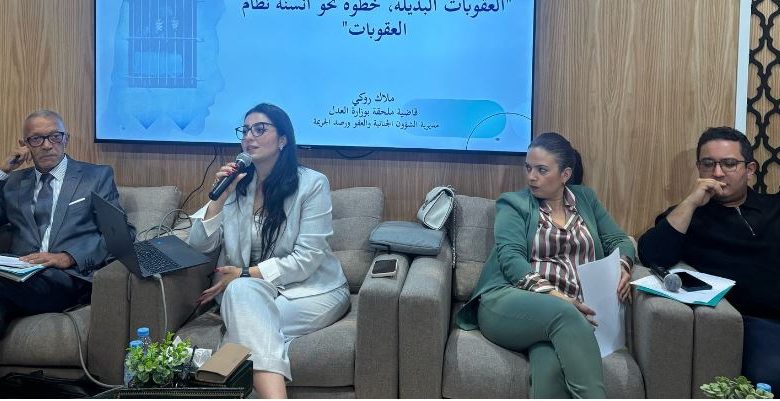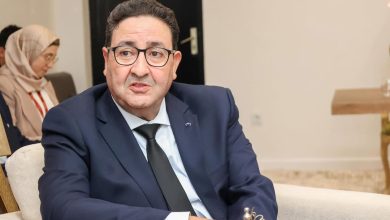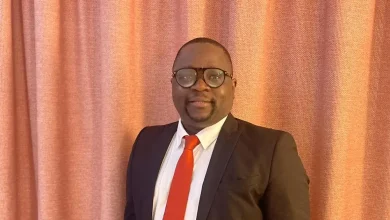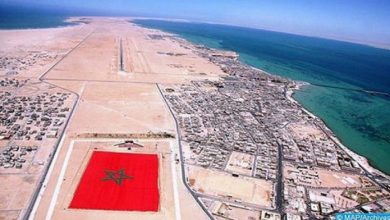The Ministry of Justice welcomed a scientific meeting entitled “Alternative sentences: a step towards the humanization of the penal system”.

This article was automatically translated from HIBAPRESS, the Arabic version:
Hibapress-Rabat-MJ
The stand of the Ministry of Justice at the Rabat International Book Fair organized a scientific meeting entitled “Alternative penalties: a step towards the humanization of the penal system”, led by Malak Rokky, judge at the Directorate of Criminal Affairs, Graces and Monitoring of Delinquency, and Mohamed Sassi, professor of political science at Mohammed V University of Rabat, and Hicham Barjaoui, Director of Legal Affairs equivalences and litigation at the Ministry of Higher Education and professor of public law at Mohammed V University.
In his intervention, Professor Malak Rokky stressed that the adoption of alternative penalties is part of a reform vision which aims to promote the values of reintegration and rehabilitation within society, instead of being limited to private sentences of freedom.
She added that alternative penalties represent a real qualitative jump in Moroccan criminal policy, stressing that they do not affect the prestige of deterrence or the power of the law, and do not mean indulgence towards crime, but rather reflect a different and more effective way to treat it. She expressed her hope of organizing other forums and events to present this new law and bringing its content closer to civil society, which is a key partner in the successful implementation of this new law.
In his intervention, Professor Sassi explained that the traditional criminal system has failed to stop the increase in crime rates, reduce the phenomenon of recurrence and create the conditions for an effective reintegration of prisoners “despite the evolution he has known by incriminating damage to the corners of the offender, abandoning torture and improving the conditions of detention, he led high accommodation costs. This sparked a debate that swallowed up the entire justice system.
“We have to move on to a new penal system which releases the judge from his role as a simple dispenser of private-term liberty sentences, in particular against criminals at the start of their delinquency,” he said. This requires a radical overhaul of Moroccan criminal policy, he added, adding that the launch of the alternative sentences project is an important step, but that it is the beginning of a long process that requires global reforms. It is also subject to several complementary stages, the most important of which are the complete revision of the Moroccan criminal system, activation of prevention measures, business orientation with limited damage to civil justice or administrative criminal law, monitoring of developments in the field of human rights and the use of international experiences to achieve the ultimate objective of building a modern and fair penal system, human rights and reintegration.
Rima Leblaili attended the meeting and thanked the participants on behalf of the Minister for their interventions and gave them a commemorative badge. She said that this subject experienced a legal impulse in which the Ministry of Justice has committed and prepared a law on alternative penalties, taking into account human rights, international conventions and comparative experiences of the countries that have preceded us in this experiences, adding that alternative penalties represent a deep change in our understanding of justice, because real security does not result in a blind punishment, but measures that promote reform and reinstatement. In this sense, the organization of this workshop is a necessary and urgent step towards the construction of a fairer and more equitable society.







